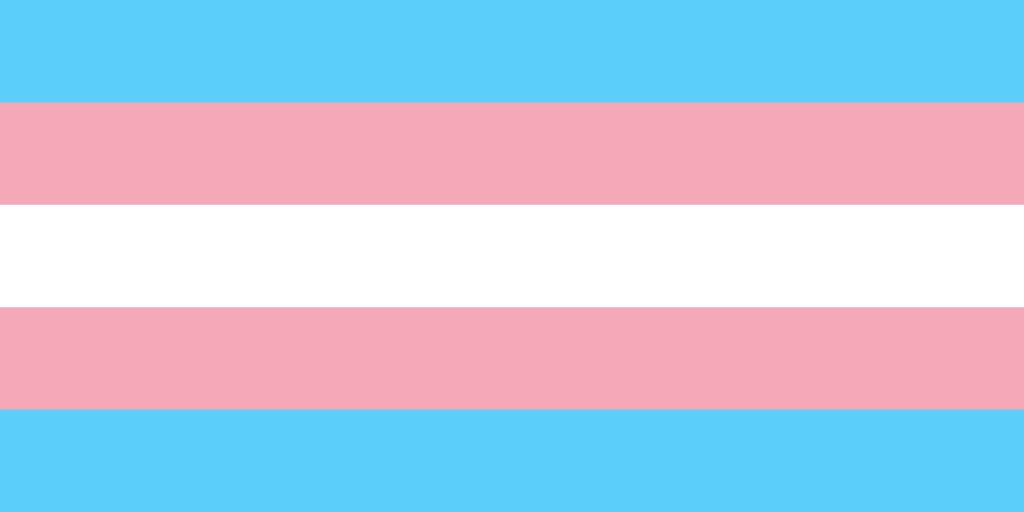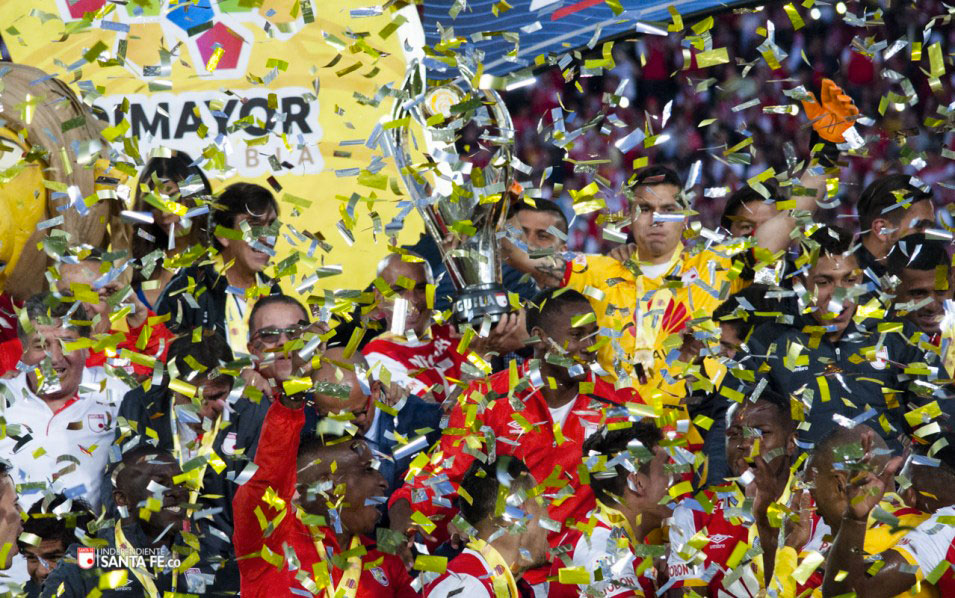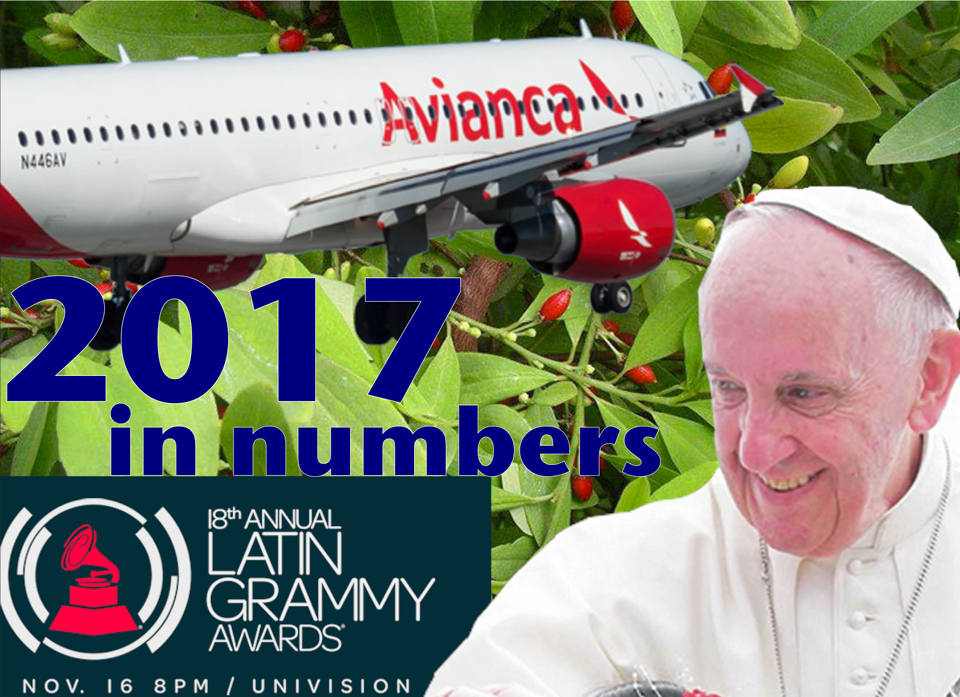Find out what Colombian presidential candidates Gustavo Petro and Rodolfo Hernández have to say about trans rights as we enter the final week of campaigning.

Last month, Colombia chose Rodolfo Hernández and Gustavo Petro to participate in the second round, a one on one presidential vote on June 19. There is one topic that most candidates and debates have left unanswered: Trans rights. The candidates have talked a lot about same-sex couples, but most debates have left out the T in LGBTIQ+. Today we will analyse the stances of Rodolfo Hernández and Gustavo Petro on trans rights.
Rodolfo Hernández
Rodolfo Hernández, leader of the liga de gobernantes anticorrupción, has made some polemic statements in interviews during or before his candidacy regarding women, Venezuelan people and poor people. Regardless, Rodolfo does have some pro LGBTIQ+ policies, none directly for trans people but still benefiting them in some way. Here are a few of them:
- To create cultural and artistic places for LGBTQI+ and other minorities. The argument is that art and culture are great ways to create inclusion for these communities.
- To reinforce already existing policies (Decree 410 of 2018) that are not enforced correctly. The intention is to prevent discrimination because of gender identity or sexual orientation.
- To create dialogue spaces for minorities with the goal of creating a development plan for LGBTIQ+ rights.
Rodolfo also says that he stands for LGBTIQ+ rights. In a tweet published on June 2 he recognised pride month saying, “On pride month I want to give you the tranquility that in my goverment LGTBIQ+ rights will be guaranteed, we will never have a possibility of union while discrimination persists. My mayoralty was the first one in Colombia’s history to fly the LGTBIQ flag.” He is right, he even faced legal problems because of this gesture destined to reject discrimination in the city.
Even though Hernández is accused of being misogynistic, xenophobic and violent, there is no proof of homophobia or transphobia on his mayoralty or presidential campaign.
Gustavo Petro
Gustavo Petro, leader of the Colombia Humana party, is the left’s candidate and has a great share of the support from LGBTIQ+ youth. Petro has his fair share of pro-LGBTIQ+ proposals, including policies that directly benefit trans people.
- Petro also wants to reinforce Decree 410 of 2018 to start attacking discrimination.
- His biggest proposal is the creation of a new Ministry, the Ministry of Equality, with the mission of empowering women, LGBTIQ+ community, younger generations, ethnic, and regional minorities. He also believes this will eradicate violence and discrimination against these communities (similar to Spain’s Ministry of Equality).
- His government plan directly mentions facilitating the lives of trans people, binary and non-binary, via a national program of discrimination-free cities, destroying barriers in education and employment, one of the biggest problems for trans people.
- Petro also proposes medical and psychological support for trans people, facilitating gender alignment surgeries and supportive therapy sessions.
Petro, like Rodolfo, has a history of support for the LGBTIQ+ community. As mayor of Bogotá he also flew the LGBTIQ+ flag, but for another reason. He flew it to commemorate the inauguration of the ‘center of LGBTIQ+ citizens’ – an organisation dedicated to helping these communities with any legal, psychological or medical problems they may have. There was also a big presence of LGBTIQ+ civil servants during his time as mayor. This was criticised by some voices of the Bogotá council, saying that Petro had ‘excessive’ support for the LGBTIQ+ community.
Bottom line: Hernández vs. Petro on trans rights
Having analysed their proposals, one thing is clear: Both candidates support the LGBTIQ+ community, showing that Colombia has advanced in inclusion. Direct homophobia is no longer a way to appeal to Colombian voters, as it was in the plebiscito of 2016, for example. However, at the same time, people still ignore the T in LGBTIQ+, only thinking of gays and lesbians when this community is mentioned. Colombia still has a long way to go, but it’s good to see that a candidate benefits when adding LGBTIQ+ rights on their government plan. Now the only question that remains is, who has the best proposals for the trans community? That’s for you to decide.





